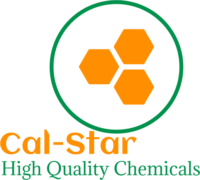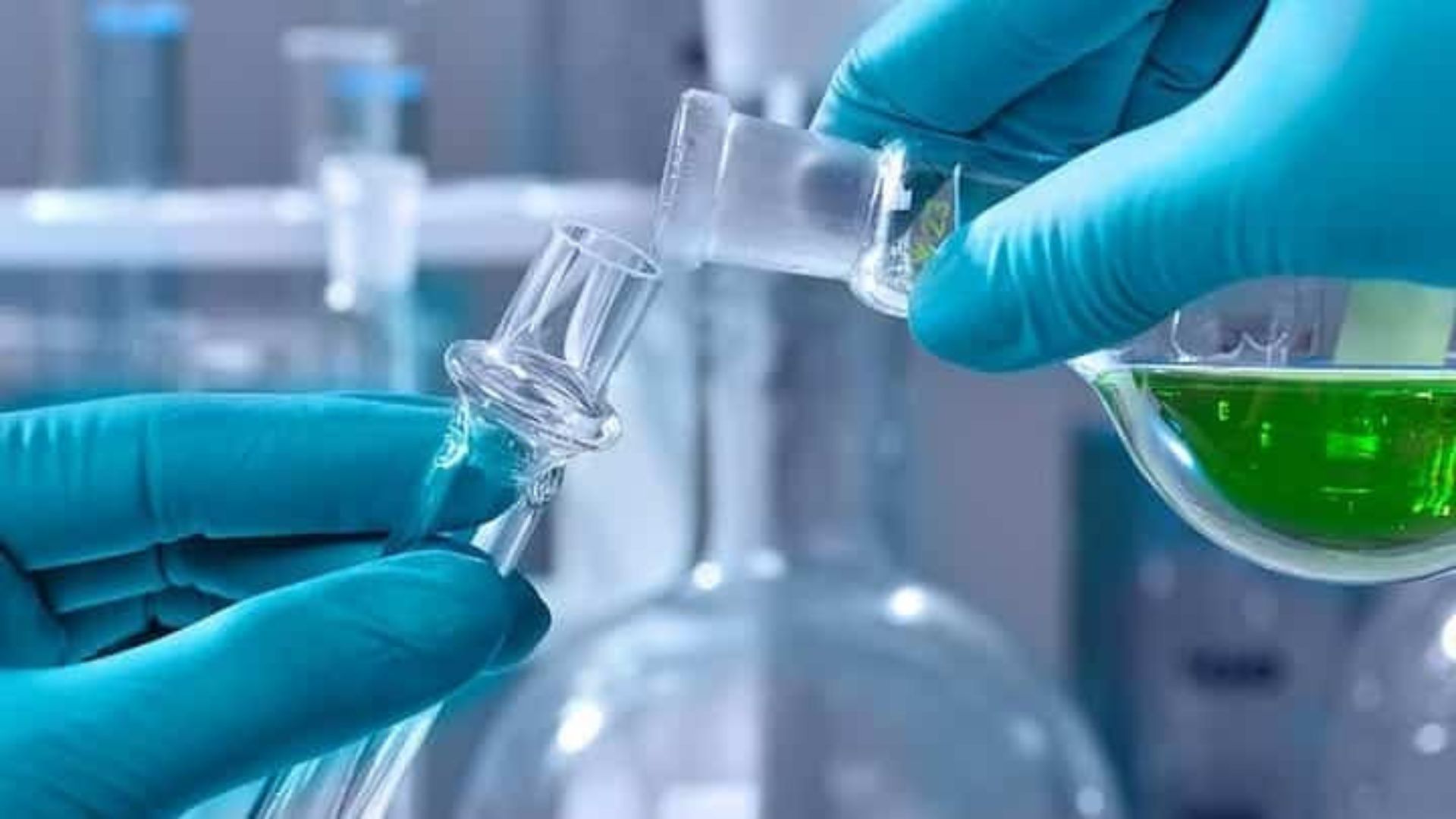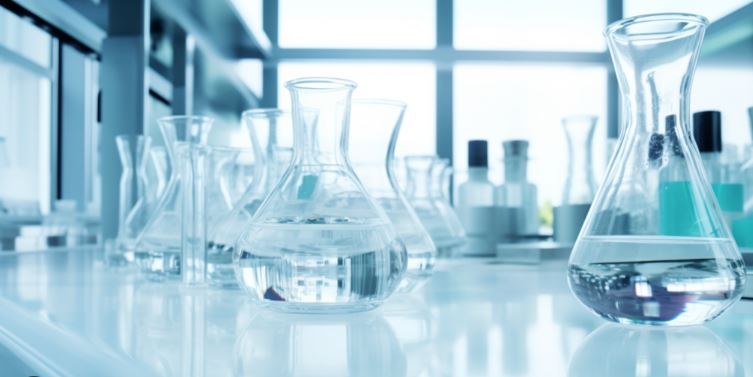Non-metals, though less prominent in industrial applications than metals, play crucial roles in various scientific and practical fields. They exhibit distinct properties that make them essential for a wide range of uses, from biological systems to industrial processes. This post explores the properties of key non-metals and their significant roles across different domains.

Non-Metals: Roles and Properties
Carbon
Carbon is perhaps the most versatile non-metal, forming the basis of all known life. Its ability to form four covalent bonds makes it essential in organic chemistry and biochemistry. In industry, carbon’s allotropes, such as diamond and graphite, have unique applications. Diamond, known for its unparalleled hardness, is used in cutting, grinding, and drilling tools. Graphite, with its excellent conductivity and lubricating properties, finds uses in batteries, electrodes, and as a lubricant. Carbon compounds like hydrocarbons serve as fuels and feedstocks in the chemical industry.
Nitrogen
Nitrogen is a vital non-metal, constituting about 78% of Earth’s atmosphere. In its gaseous form, nitrogen is inert, making it ideal for creating inert atmospheres in chemical processes and protecting sensitive materials from oxidation. Nitrogen is also crucial in the production of ammonia through the Haber process, which is subsequently used to manufacture fertilizers, explosives, and nitric acid. In the medical field, liquid nitrogen is used for cryopreservation and cryosurgery.
Oxygen
Oxygen is essential for life, playing a key role in respiration and energy production in living organisms. In industrial applications, oxygen is used in metal cutting and welding due to its ability to support combustion. The steel industry relies on oxygen for refining iron ore into steel. Oxygen is also used in wastewater treatment to promote the breakdown of organic matter. In healthcare, medical-grade oxygen is vital for respiratory therapy and anesthesia.
Sulfur
Phosphorus
Phosphorus, a crucial non-metal found in several allotropes, includes the most common types: white and red phosphorus. Military applications utilize highly reactive white phosphorus in incendiary devices and smoke bombs, while safer red phosphorus is used in producing safety matches, fireworks, and flame retardants. Phosphorus compounds, particularly phosphates, are vital for agricultural fertilizers, supporting plant growth and food production.
Chlorine
Chlorine is a highly reactive non-metal, widely used for its disinfectant and bleaching properties. It is essential in water treatment processes to eliminate pathogens and ensure safe drinking water. Chlorine is also used in the production of PVC (polyvinyl chloride), a versatile plastic used in construction, healthcare, and packaging. Additionally, chlorine is a key component in the manufacture of solvents, insecticides, and pharmaceuticals.
Conclusion
Non-metals, with their unique properties and roles, are indispensable in various scientific, industrial, and practical applications. From the life-sustaining properties of carbon and oxygen to the industrial significance of sulfur and chlorine, non-metals contribute to advancements in technology, healthcare, and agriculture. Understanding the roles and properties of non-metals helps us appreciate their importance and drives innovations that enhance our quality of life.




